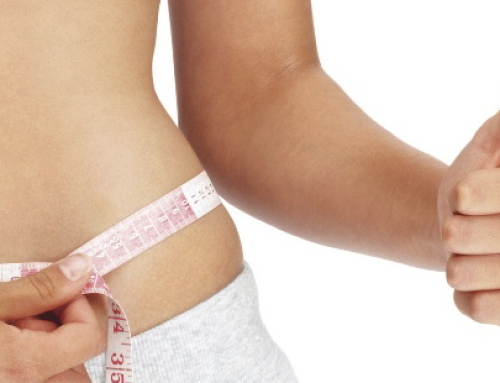FACT: it’s harder for women to lose weight than men. This may be unfair, but a Darwinian hypothesis states that it’s just the female body’s natural way of fighting energy deficits to preserve fertility. When women aren’t getting enough calories, ovulation and hormones responsible for reproduction get suppressed.
From a biochemical perspective, a 2009 study published in the American Journal of Physiology — Regulatory, Integral and Comparable Physiology showed the ‘hunger hormone’ ghrelin tends to spike in women after they’ve worked out, while leptin, the hormone responsible for feelings of satiety, drops. This didn’t happen in the male test subjects. This might be a reason women tend to eat more after a workout, as men don’t experience the same hormonal fluctuations.
Muscle mass is also implicated, because men tend to have more muscle therefore burn more fat. Increased muscle mass is responsible for higher metabolism, too. Women, who are often worried about bulking up, tend to lift lighter weights and do more cardiovascular exercise, whereas men gravitate toward heavy lifting that boosts muscle composition and metabolic rate.
And, that’s not the only reason women find it harder to lose weight. When it comes to food, studies have shown that men and women’s brains are wired differently. A report published in 2009 (Proceedings of the National Academy of Sciences) showed that even when women said they weren’t hungry, when asked to smell, taste, and observe various baked products, scans showed increased brain activity in the regions that control the drive to eat, which didn’t show up in men.
The answer?
- Lift weights at least twice a week to increase fat-burning muscle mass.
- Avoid putting temptation in your way by not having comfort foods in the house.
- Don’t go shopping when hungry or upset.
- Keep a food diary, as most people underestimate how much they eat.
- Plan ahead by cooking and packing your own lunches, so you’re not prone to eating unhealthy foods when there are no other options.





